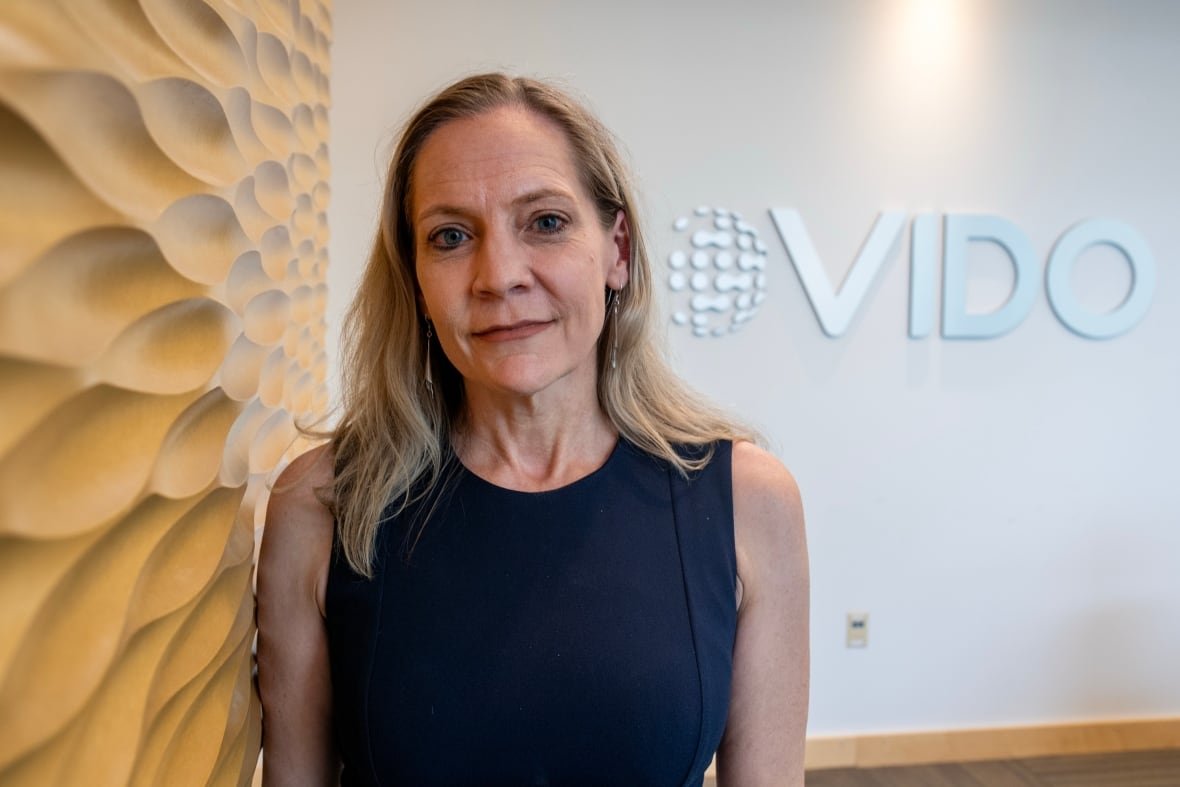Canada’s leading vaccine center, celebrating its 50th anniversary, is facing concerns due to recent changes in U.S. policies and funding cuts impacting the global disease prevention efforts, according to experts.
Virologist Angela Rasmussen highlighted the significant impact of the diminished U.S. capacity and investment in vaccine development on researchers worldwide, extending beyond vaccine hesitancy.
Angela Rasmussen, based at the Vaccine and Infectious Disease Organization in Saskatoon, emphasized the repercussions of the U.S. policy changes on global research efforts.

Dr. Arinjay Banerjee, another virologist, emphasized the need for Canada to step up in response to the U.S. funding challenges, urging the country to fill the global gap created by the hesitancy in the U.S.
Initially a livestock laboratory in the prairies, the Vaccine and Infectious Disease Organization (VIDO) at the University of Saskatchewan campus has grown into a renowned infectious disease research hub with over 200 staff members.
Established in 1975, VIDO is actively involved in global pandemic response initiatives, including the “100 Days Mission” supported by G20 nations to develop vaccines within a hundred days of identifying a pandemic threat.
Despite VIDO’s contributions to COVID-19 research and vaccine development, challenges lie ahead due to significant funding cuts by the U.S. National Institutes of Health, impacting global research collaborations.
Rasmussen underlined the importance of increased government investment in research to offset the funding gap created by U.S. cuts, as private foundations and other governments lack the necessary resources.
VIDO announced plans to assess the financial impact of U.S. funding disruptions and support affected researchers to ensure the continuity of critical research activities.
Vaccine Hesitancy
Rasmussen attributed the funding cuts to vaccine hesitancy promoted by U.S. health secretary Robert F. Kennedy Jr., affecting mRNA vaccine projects and public trust in vaccine safety.
She emphasized the critical role of transparency and integrity in building public trust, emphasizing the importance of effective communication to combat misinformation and promote vaccine acceptance.
Volker Gerdts, VIDO’s director, highlighted the growing vaccine hesitancy and misinformation spread on social media platforms, emphasizing the need for improved public communication to convey the benefits of vaccines and research.


